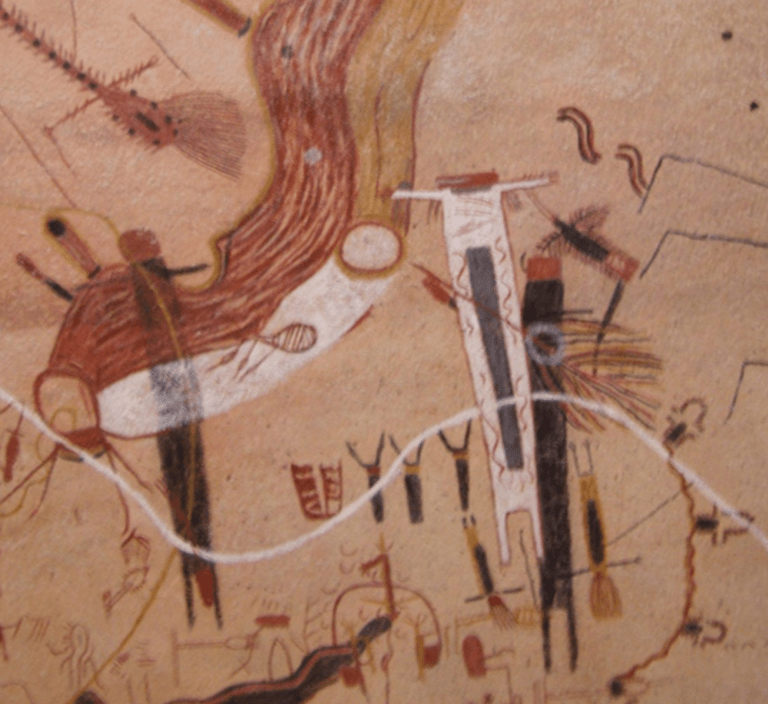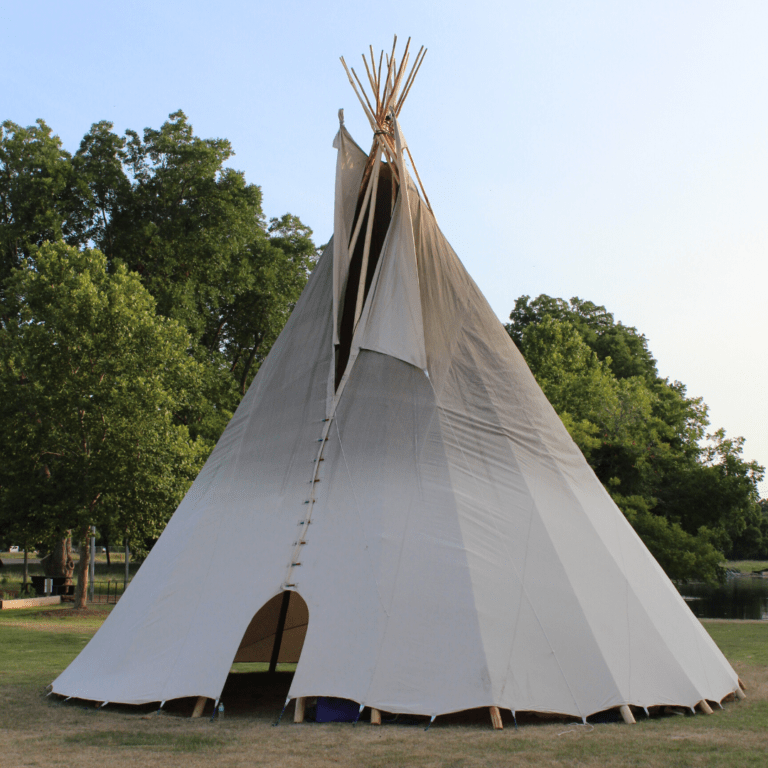The US Government signed the United Nations Declaration on the Rights of Indigenous People (UNDRIP) on 16th December 2010. Article 12.1 of the Declaration states: “Indigenous peoples have the right to manifest, practice, develop and teach their spiritual and religious traditions, customs and ceremonies; the right to maintain, protect, and have access in privacy to their religious and cultural sites; the right to the use and control of their ceremonial objects; ….”
Indigenous Cultures Institute is dedicated to maintaining the people’s covenant with sacred sites. This work supports projects such as research on the White Shaman Panel, ceremonies of the Coahuiltecan Paxē Pilam Church of Tejas, and efforts in defense of sacred sites such as Wirikuta in Mexico, the Blue Hole in San Antonio, and the Spring Lake area in San Marcos, Texas.
The White Shaman Panel, named for a major figure drawn in white on the rock art, is located near Comstock, Texas and is dated as being 4,000 years old. Coahuiltecan elders and community members are examining the figures on this panel and have consulted with archeologists who are studying this rock art. Elders believe that this panel has elements of the creation story of the Coahuiltecan people, and documents the pilgrimage of people who visited the ancient and sacred peyote gardens in South Texas and northern Mexico. Indigenous Cultures Institute developed a lecture series on this spiritual narrative and toured this presentation during 2013. (photo: White shaman figure depicted on panel.)
NBC Learn video: Jacob Aguilar’s journey to visit his ancestors at the White Shaman panel near Comstock, Texas, accompanied by family members and Dr. Mario Garza.


The Coahuiltecan Paxē Pilam Church of Tejas is dedicated to restoring the original ceremonies that are the basis of the current Native American Church. This effort began in 2012 with four ceremonies tracing the route of four water sites that were visited during ancient pilgrimages to the sacred peyote gardens in South Texas. Indigenous Cultures Institute supports these Coahuiltecan ceremonies at the sacred water sites at tza wan pupako (Barton Springs in Austin), ajehuac yana (Spring Lake in San Marcos), saxōp wan pupako (Comal Springs in New Braunfels), and yana wana (the Blue Hole headwaters of the San Antonio River). (Photo left: First tipi erected at Sacred Springs for ceremony, 2010.)
Copyright 2023 – Indigenous Cultures Institute | Site by Xica Media